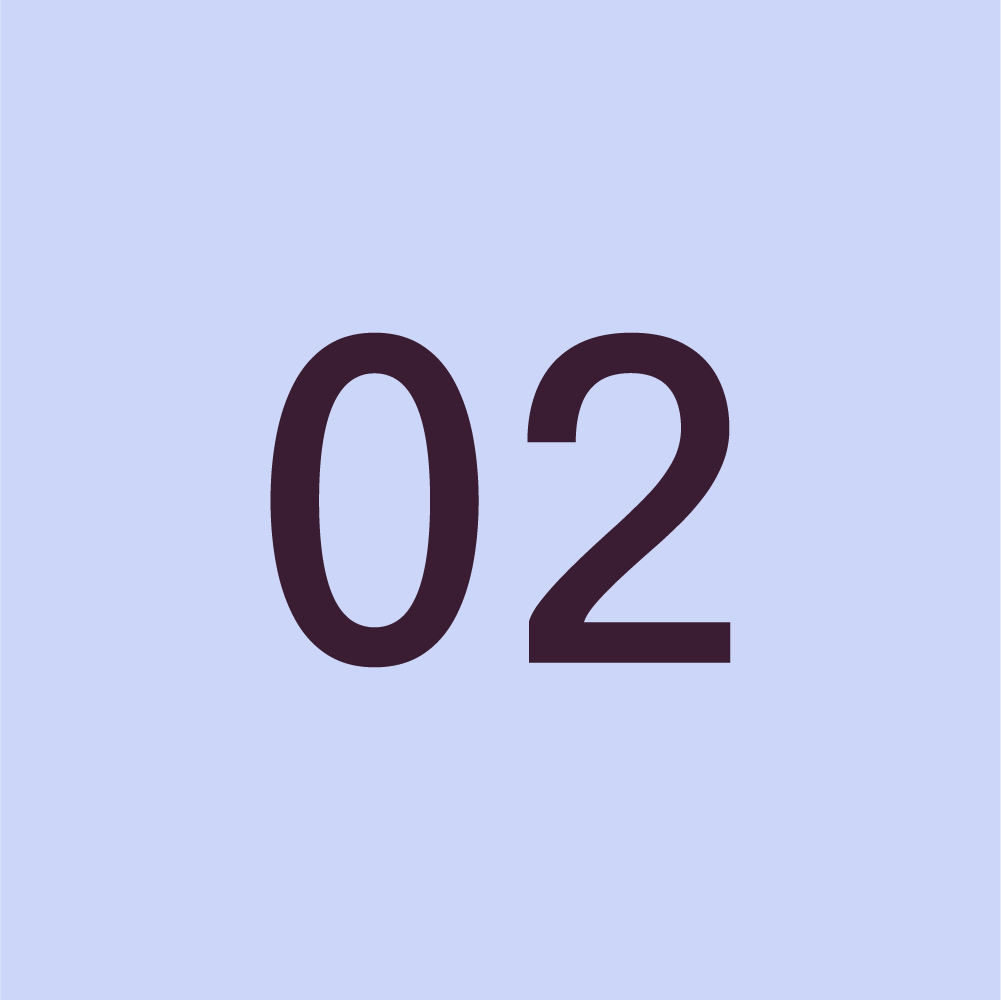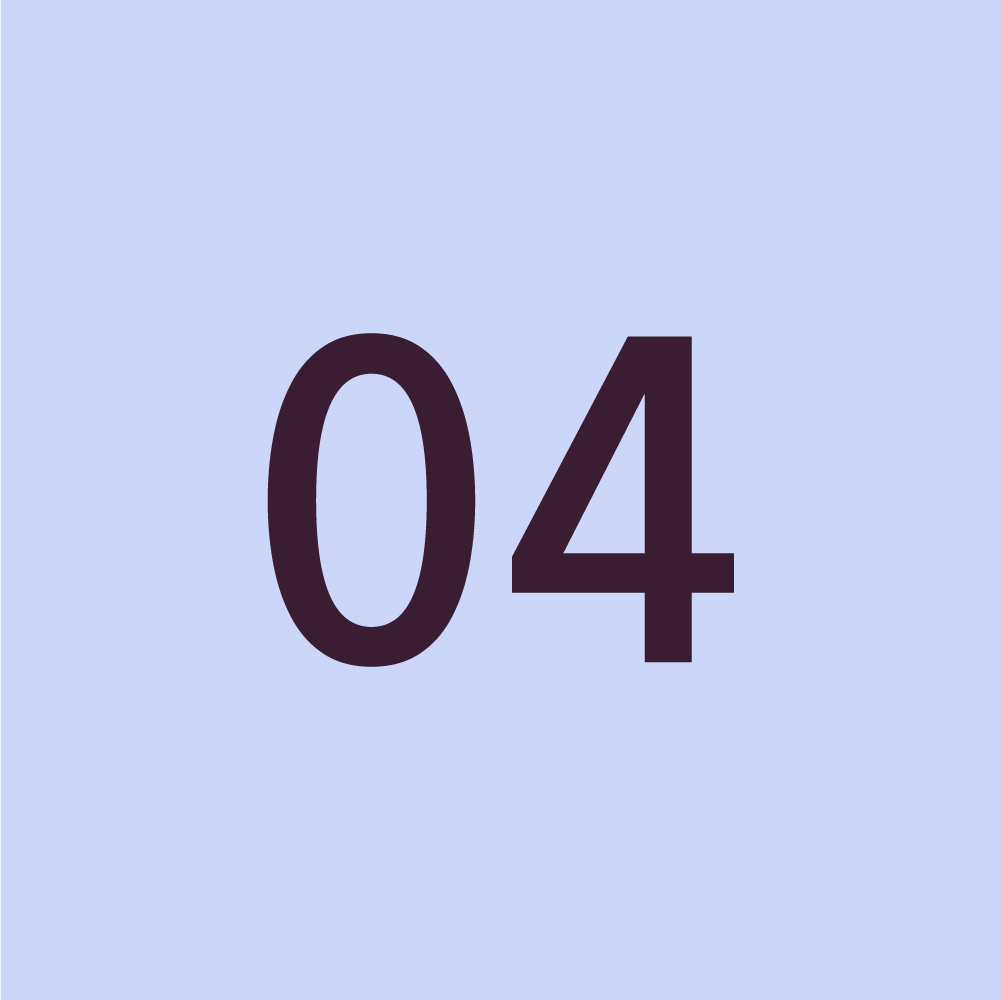Overcome Anxiety
Around your Breathing
We help overcome anxiety around pulmonary diseases through personalized support, calming breathing techniques, and education that builds confidence and control over your condition.
Mindfulness Techniques
Learn mindfulness practices to reduce anxiety and improve emotional balance through guided exercises.
Emotional Regulation Strategies
Discover tools to manage emotions effectively and regain control over anxious thoughts and reactions.
Therapeutic Support Sessions
Access one-on-one therapy or group counseling to address the root causes of anxiety caused by pulmonary diseases.
Anxiety Support
Lifestyle Tips for Managing Anxiety
Managing anxiety also involves adjusting your daily habits for improved mental health:

Practice Mindfulness
Incorporate mindfulness techniques to manage stress and stay present in the moment.

Exercise Regularly
Physical activity helps reduce stress and improve overall mood.

Prioritize Sleep
Establish a consistent sleep routine to enhance mood and energy levels.

Manage Stress Effectively
Learn relaxation techniques to cope with stress and anxiety-provoking situations.
Why Therapy Matters for Anxiety

Group Therapy
Join group therapy sessions to connect with others facing similar challenges.

Supportive Community
Be part of a community that offers encouragement and understanding.

Holistic Well-Being
Embrace therapy, self-care, and emotional balance.

Relaxation Exercises
Use deep breathing and progressive muscle relaxation.
Our Blog
Discover the Latest Health News and Advice
Exercitationem ab laborum neque est
Aut sed dicta dolor harum. Et ipsum rerum amet velit accusantium aut et. Et ut…
Commodi iure rerum et
Hic at et quia. Illum accusantium quos delectus. Minus perspiciatis accusamus deserunt sit possimus Earum…
You're One Step Away From Better Health.
At Bloom Medical, expert support and education are essential for managing your health. With personalized guidance, easy-to-understand resources, and a supportive community, we help you feel confident, capable, and empowered to live your best life.





